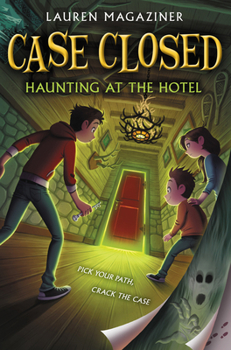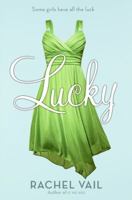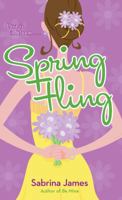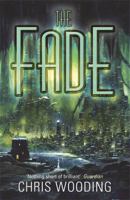Book Overview
Pick-your-own-path and puzzle-packed mystery collide in the third book in Lauren Magaziner's hilarious and interactive middle grade series. In the Case Closed books, the reader helps Carlos and his friends hunt ghosts at a haunted hotel.
In this wildly entertaining adventure, YOU pick which suspects to interview, which questions to ask, and which clues to follow. You pick the path--you crack the case!
Carlos Serrano is now officially an apprentice detective at Las Pistas Detective Agency. He finally earned his mom's trust, but his next case will be his most difficult one yet. Guests at a creepy mountain hotel are complaining of weird disturbances, threatening messages, and hair-raising howls!
Carlos, along with his best friend, Eliza, and her wacky little brother, Frank, arrive on the scene to investigate a . . . ghost? What secrets is this haunted hotel hiding? With tricky puzzles, ghoulish secrets, ectoplasmic enemies, and dozens of impossible choices, these junior detectives need your sleuthing skills!
Can you help Carlos and his friends unravel the mystery before it's too late? Or will it be case closed?
Middle grade readers will enjoy all four books in this favorite series: Mystery in the Mansion (#1), Stolen from the Studio (#2), Haunting at the Hotel (#3), and Danger on the Dig (#4)!
Related Subjects
Classics Contemporary Fiction Foreign Language Fiction Literary Literature & FictionYou Might Also Enjoy
Customer Reviews
Rated 5 starsFab Read!
Niki Burnham's GODDESS GAMES is a fantastic book for any teen reader. The plot kept me interested all the way through and I read the book in one evening. Two thumbs up! :)
1Report
Rated 4 starsCourtesy of Teens Read Too
Summer jobs at the plush King's Crown Resort and Spa hopefully hold the answers for three teens in search of solutions to their very different problems. Seneca is used to having whatever she wants. The daughter of an Academy Award-winning actress, Seneca has grown up with the "haves" and doesn't have much patience with the "have nots." Unfortunately, that has all changed. Her mother's job offers have been few and far between...
1Report
Notre-Dame-des-Fleurs Mentions in Our Blog
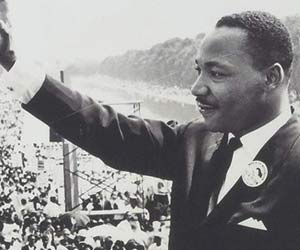
This week marks the anniversary of Martin Luther King’s eleven-day imprisonment in Birmingham Jail. The treatise he wrote there became an important touchstone for the American Civil Rights Movement. But this is only one of many great works written within the confines of a cell.











